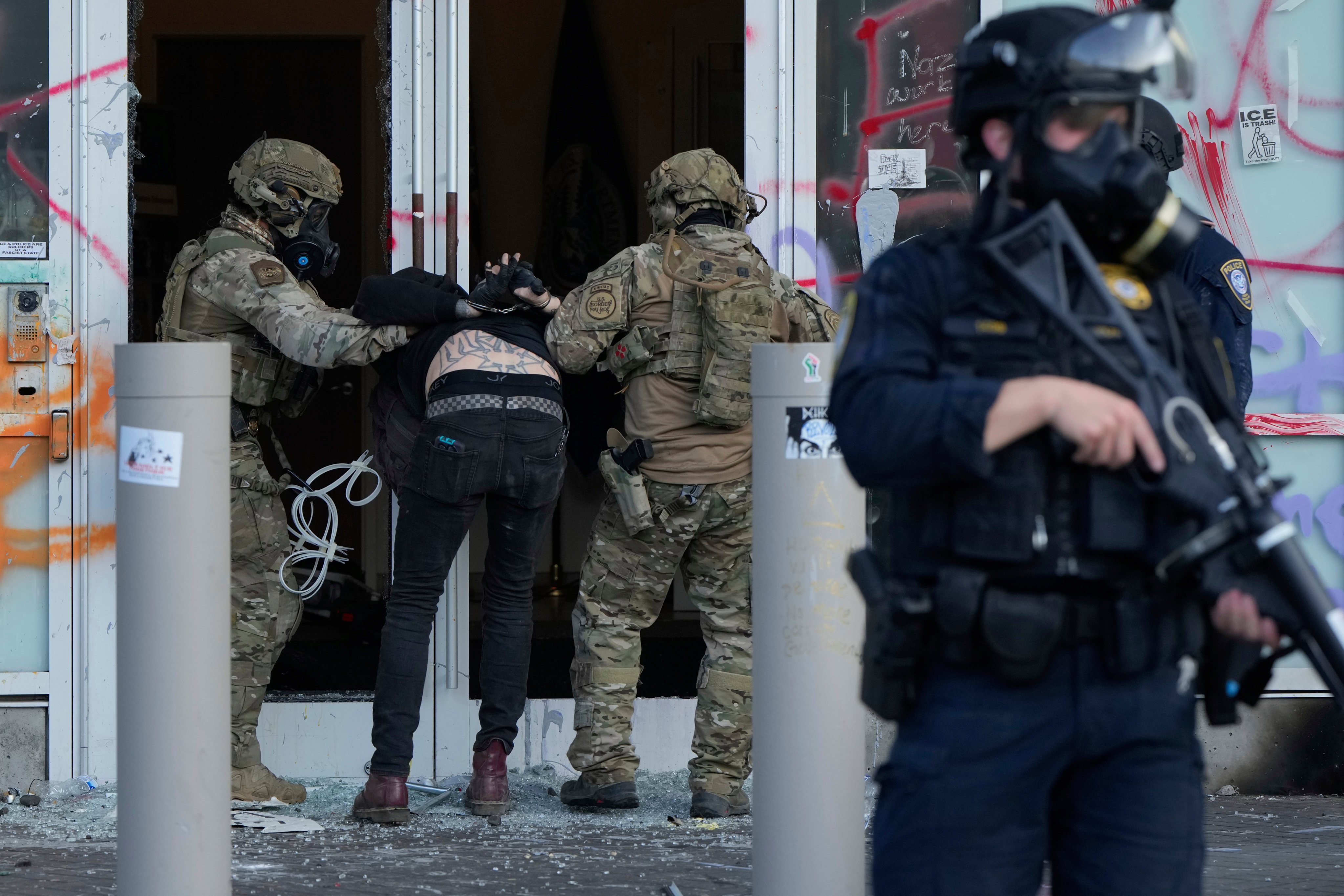The announcement of sending federal personnel to Portland has reignited national debates about immigration enforcement, public safety, and the role of federal authority in local jurisdictions.
The decision to deploy troops to Portland represents a new chapter in the ongoing tension between the federal government and certain local administrations. The move was framed as a necessary step to ensure the protection of Immigration and Customs Enforcement (ICE) facilities, which have increasingly been the focus of demonstrations and criticism. By emphasizing security and order, the administration seeks to justify a federal presence in a city where officials and many residents have openly opposed such interventions.
Federal objectives and the reasoning behind the decision
The declared aim of the deployment is to protect federal assets and staff from possible dangers. In past years, ICE locations have been focal points of intense protests, with activists highlighting immigration policies they consider unjust and damaging. Protesters contend that these establishments represent a larger enforcement system that divides families and subjects at-risk communities to continuous fear of detention.
For government representatives at the national level, the story changes. They claim that not safeguarding ICE facilities could encourage disruptive elements, weaken legal authority, and jeopardize vital government functions. Deploying federal forces demonstrates the administration’s readiness to establish control in places where it believes local officials cannot or choose not to uphold order.
This move reflects a broader trend in which federal power has been asserted more aggressively in disputes over immigration enforcement. It also highlights the persistent divide between Washington’s policies and the stance of many local governments, particularly in cities that have declared themselves sanctuaries for immigrants.
Local response and community concerns
The deployment of federal forces has sparked strong reactions from local leaders, civil rights groups, and community members in Portland. City officials have expressed concerns that a military-style presence could escalate tensions rather than calm them. Many worry that the decision may lead to confrontations between residents and federal personnel, resulting in further unrest and eroding trust in institutions.
For residents, the move raises questions about constitutional rights, freedom of expression, and the balance between security and civil liberties. Critics argue that the presence of troops near protests may deter lawful demonstrations and criminalize dissent. They also fear that the increased militarization of federal enforcement could deepen divisions within the community, creating an environment of fear rather than safety.
Supporters of the deployment, on the other hand, maintain that ensuring the protection of federal facilities is a legitimate responsibility of the government. They argue that without intervention, property damage and violent clashes could continue unchecked, undermining both security and stability. This contrast in perspectives underscores the broader ideological divide within the country about the appropriate role of government in addressing social conflict.
Wider effects on national political landscape
The choice to deploy military forces to Portland should not be seen as an isolated event. It is connected to a broader trend involving federal actions related to demonstrations, immigration discussions, and political divide in the United States. By portraying the defense of ICE centers as a national security concern, the administration presents the matter as more than just a local issue, symbolizing its wider dedication to maintaining law and order.
This methodology strikes a chord with advocates who perceive stringent implementation as vital for upholding sovereignty and stability. Concurrently, it amplifies disapproval from critics who regard these actions as authoritarian and neglectful of democratic principles. The conflict of viewpoints has become a hallmark of political dialogue, influencing how Americans perceive both immigration policy and the application of federal authority.
Thinking about the future, the deployment of federal forces in Portland has the potential to create a benchmark for similar actions in other urban areas. Should it successfully deter interruptions, this approach might promote wider use of federal power in situations where city administrations oppose national directives. On the other hand, if conflicts intensify and instability increases, the strategy could strengthen the viewpoint that such initiatives damage community confidence and exacerbate conflicts instead of easing them.
Implications for the coming times
Ultimately, the decision to send troops to Portland reflects deeper questions about governance, democracy, and national identity. It forces Americans to confront the balance between protecting institutions and respecting individual rights, as well as the limits of federal intervention in local matters. For Portland, it means navigating a period of heightened scrutiny, where the city becomes both a symbol and a battleground in a larger political struggle.
For the government, the rollout provides a chance to demonstrate its commitment to safeguarding safety and order, despite the potential backlash over exceeding limits. For locals, activists, and community leaders, it signifies a test of preserving communal principles while dealing with the impact of national authority.
The controversy underscores how immigration enforcement, public safety, and political identity remain intertwined in ways that define not only local conflicts but also the broader trajectory of the United States. Whether the decision to send troops will achieve stability or deepen divisions remains uncertain, but its impact will resonate far beyond Portland in the ongoing debate about the role of government in shaping the nation’s future.







